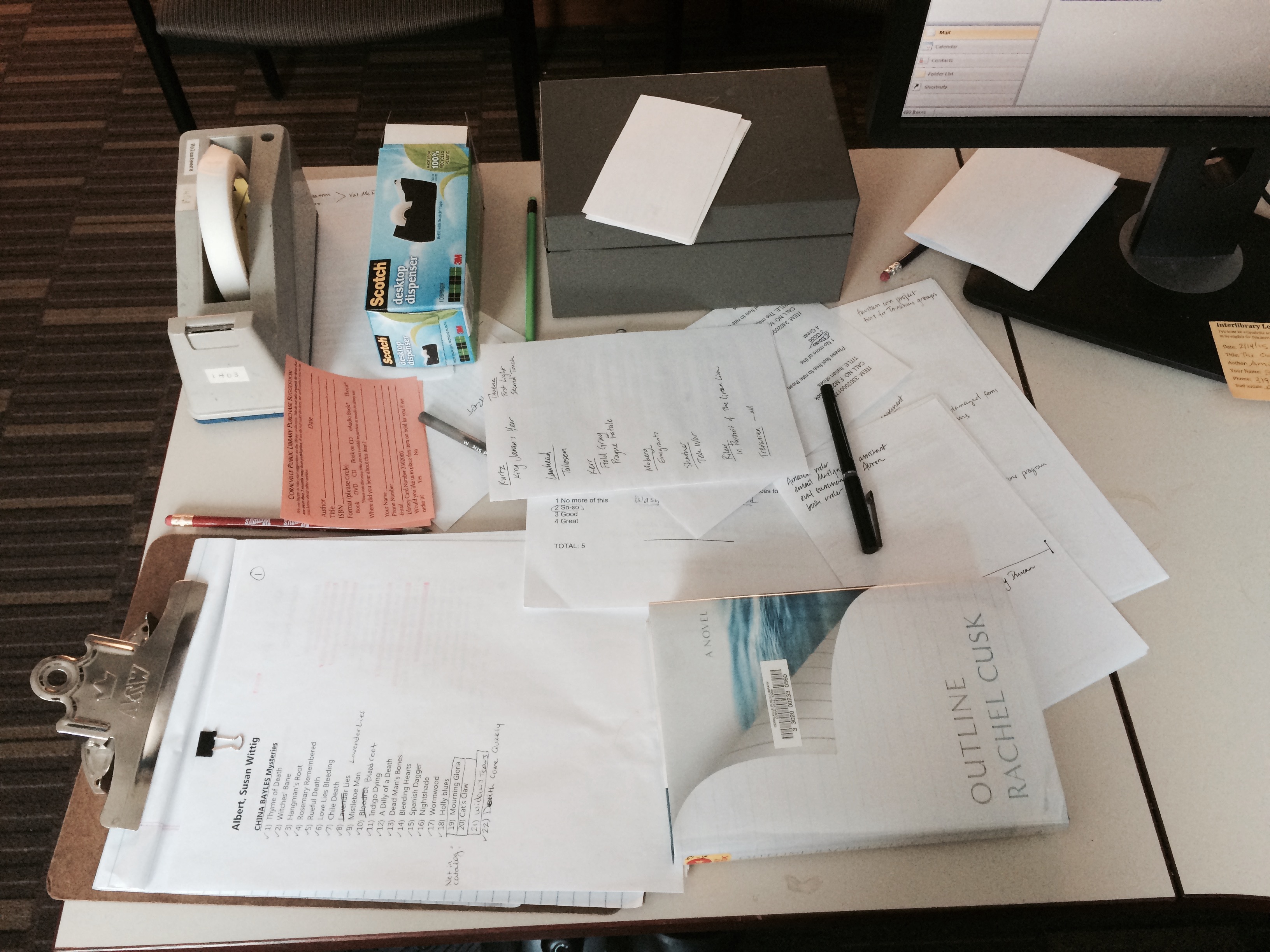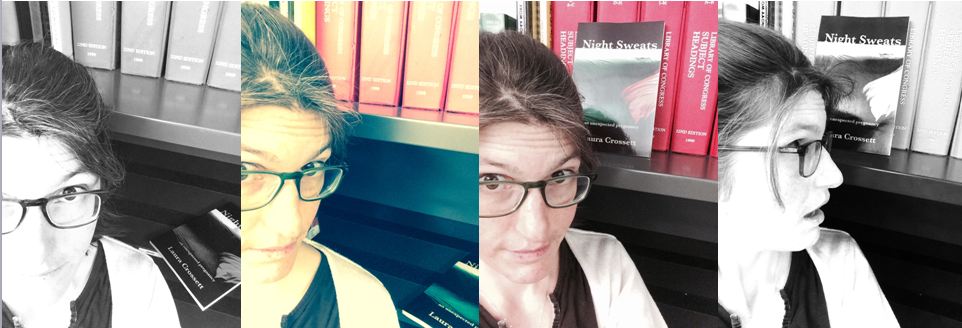
I worked for five years at a library in rural Wyoming, which I loved — I loved the town (where you could have any farm animal living on your property except for a pig) and the land (we were only thirty miles from the edge of the Shoshone National Forest, where you could get lost and never find your way out) and the ways in which the place hadn’t completely succumbed to the media monopoly that strangles the rest of the country (there were multiple local papers, none of them owned by Gannett). And, I would think to myself smugly, at least I don’t work for the energy industry.
Then one day I was looking at a list of the largest property tax payers in Park County, and right there at the top was Marathon Oil Company. Well. That put me in my place. Of course I did work for the energy industry. I just didn’t do so directly.
Public libraries, like public schools, are funded mostly by local property taxes (they also — to varying degrees — get state, federal, and private money, all of which comes with its own privileges and strings). That brings with it both the advantages of local control and the disadvantages — if you live in a poor area — of not much revenue. It also creates the interesting difficulty of how library service areas are defined and drawn and thus who pays into the property tax pool that the library draws from.
Wyoming, which is extremely rural — in my town, more than half the population we served outside town limits — wisely decided to organize their libraries at the county level. All twenty three counties have a public library system, usually with a main library and several branches, but they draw funding from (and serve) all residents of the county. That — plus the school and the oil company — is how a town of 351 people was able to have a public library that was open 44 hours a week. Wyoming went a step farther and decided a few years back to integrate all the counties into a single database system. You still get a card from your home library, but you can use it at any library in the state.
Iowa, where I live now, is generally thought to be rural, but in fact it’s a network of small cities. We have 99 counties to Wyoming’s 23, all packed into a much smaller area. Each of those 99 counties has a county seat and at least a smattering of other towns, and 544 of those towns have public libraries. Each of those libraries was established by a local town or city ordinance. Here’s the one for the library where I work now. We’re a newer library — we just celebrated our 50th anniversary last year — and our earliest funding came from a Girl Scout troop that wanted a library they could use in their own town. Coralville sits cheek-by-jowl with a much larger city, and for many years, residents of Coralville could only use the library in that town by paying a yearly fee. The same was true many other small cities in the county.
Some years back, Iowa started a program they call Open Access*, which allows anyone who lives in the bounds of a participating library to get a card at any other library that participates. Currently there are only about a dozen libraries that aren’t part of the program and so, effectively, anyone in Iowa can get a library card at any other library in Iowa. You could, as I tell patrons, travel around the state and collect over 500 library cards. You can return library materials to any participating library and we’ll mail them back for you free of charge. The result is a much looser system than Wyoming’s, but one that gives individual libraries far more control.
But what of the people who don’t live in towns? In many states, those people are still out of luck unless they want to pay a yearly fee to use a local public library. The fee is usually some approximation of how much the library figures people contribute it property taxes to the library each year — I’ve seen anything from $25-$100 a year, but I have not done a thorough survey. Many counties get around this by collecting and contributing some money to the county’s libraries on behalf of their residents. Such is the case in my county. At present, we have 27,728 patrons and only 1219 of those are from rural Johnson County. So it’s not a huge service — unless, of course, you’re one of those 1219 people, in which it’s quite a big deal indeed.
Bored yet? Confused yet? I haven’t covered the half of it. But all these vagaries in funding relate to what services libraries provide, how they provide them, and whom they provide them to — all of that fodder for many other posts.
*Confusingly, there’s another very important topic in libraries called Open Access, but it has to do with free access to digital scholarship and is another problem for another day.


